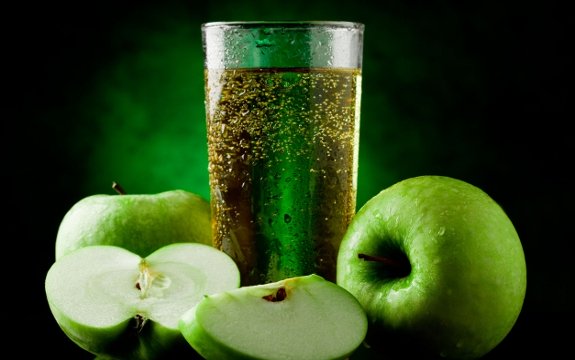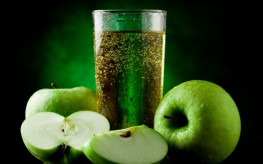FDA Suggests Allowable Limit of Arsenic in Apple Juice

 A lot of poison can be deadly, but a little should be alright. That’s what a recent statement from the Food and Drug Administration (FDA) seems to suggest when it comes to arsenic in apple juice – something many young Americans consume on a regular basis.
A lot of poison can be deadly, but a little should be alright. That’s what a recent statement from the Food and Drug Administration (FDA) seems to suggest when it comes to arsenic in apple juice – something many young Americans consume on a regular basis.
A couple years ago, arsenic in apple juice made headlines. It was then that numerous studies found the juice to contain high amounts of the toxin. First, a report in September 2011 set up in conjunction with Dr. Mehmet Oz found that of 36 tested brands, 30% had arsenic levels over what the FDA considers safe for tap water (10 parts per billion).
Another study, from Consumer Reports, tested 88 different samples of apple and grape juice from 28 different brands. About 10% of those samples from 5 different brands had arsenic levels above the “safe for water” level.
Now, the Food and Drug Administration is suggesting a “safe” level of inorganic arsenic for apple juice similar to the one that exists for water.
“FDA’s action level sends a strong signal to industry to help keep out of the food supply even the occasional lot of apple juice with arsenic levels above those permitted in drinking water,” said FDA spokeswoman Theresa Eisenman. “The action level will also provide FDA investigators with the information they need when considering regulatory action.”
In other words, the agency believes that by setting a limit they will be armed with the regulations to enforce should a brand contain “too much” of the harmful carcinogen.
Interestingly, during the same year as the other two apple juice-arsenic studies, the FDA did a study of their own. They reportedly tested 94 samples and found none that were over the safe-for-water limit of 10 parts per billion.
In the wake of the latest announcement, an advocacy arm of Consumer Reports, Consumers Union, has said the move is a step in the right direction, but perhaps not far enough.
“While we would have liked to see a stronger (rule), we still applaud the FDA for what they did today,” said Consumers Union spokesman Urvashi Rangan. “I still think it’s a really important first step and good precedent to set an action level for this particular contaminant in food.”
Arsenic is known, among other things, to increase the risk of cancer, diabetes, and heart disease.
